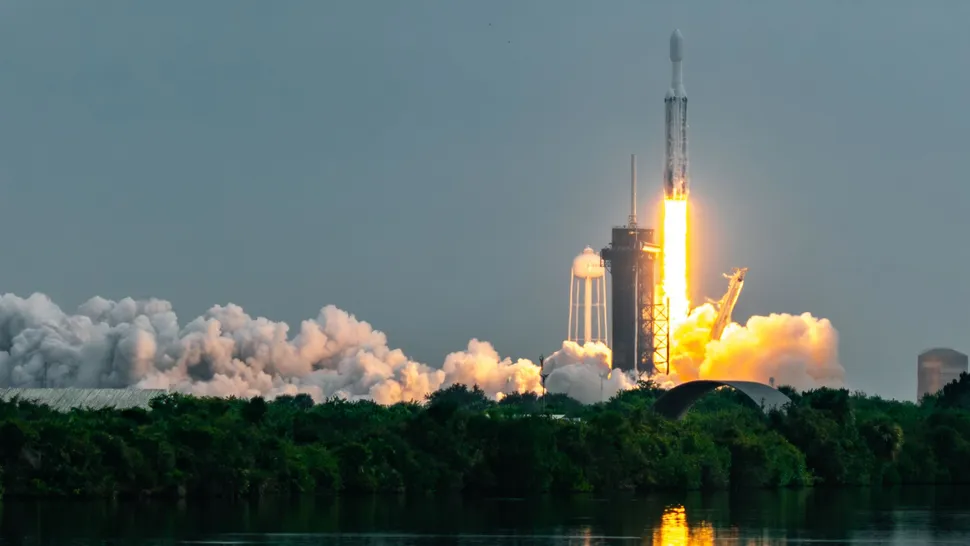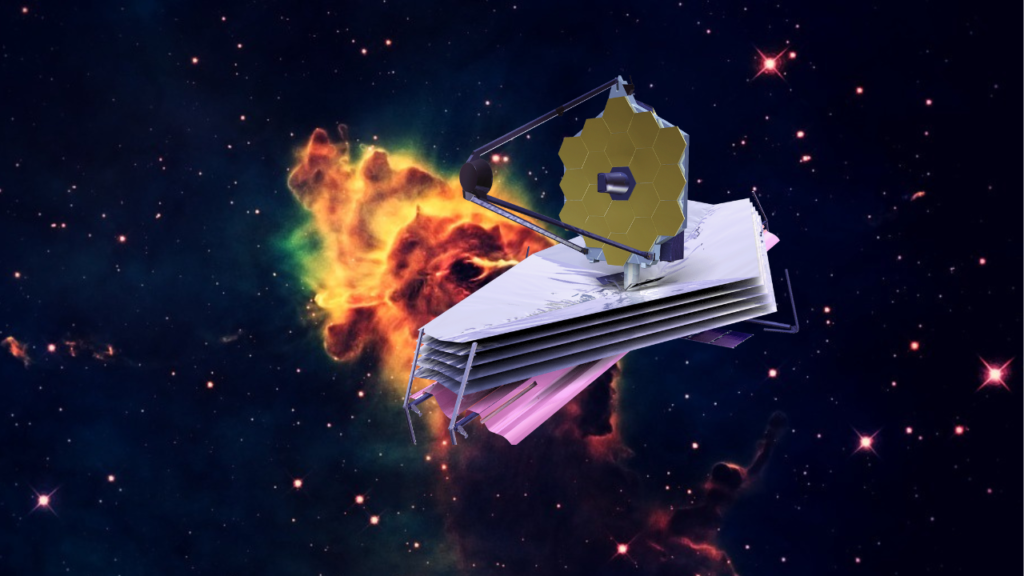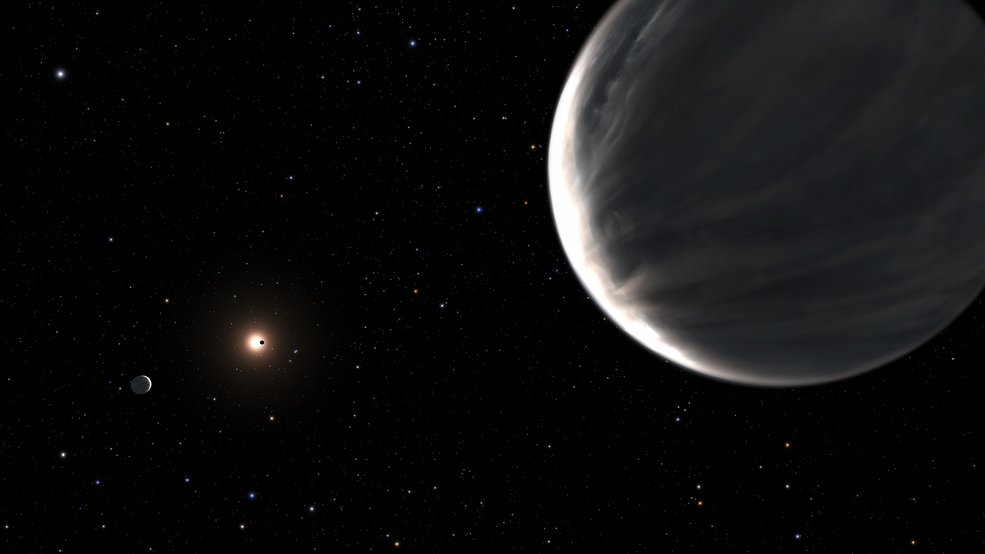The National Oceanic and Atmospheric Administration’s (NOAA) GOES-R series constellation is expected to be complete in space soon, pending a successful launch of its GOES-U satellite at the end of June.
The mission will be historic for many reasons, including the fact it will mark the first time a NOAA satellite will be transported to space using a SpaceX Falcon Heavy rocket.
For the mission’s previous three satellite launches, NOAA chose United Launch Alliance’s (ULA) Atlas V 541 rocket to transport the modules to their places in orbit. The Atlas program has had a success rate of 100% for its more than 600 launches, which has included, most recently, taking astronauts to the International Space Station on Boeing‘s Starliner capsule.
So, why the change on the final mission launch for the GOES-R series? As it turns out, SpaceX beat ULA in the contract competition.
“The different rocket companies join and sign up with the contract, and give us ‘not to exceed’ (NTE) prices. When we’re trying to procure a rocket for a particular mission, we do a mini competition where we give them an opportunity to lower those prices, come down off the ‘not to exceed,’ and bid to the mission specific requirements. In this case, Falcon Heavy won that,” Rex Engelhardt, GOES-U Mission Manager for NASA’s Launch Services Program, told Space.com.
Deemed one of the “world’s most powerful operational rockets,” Falcon Heavy has three reusable Falcon 9 engine cores with 27 Merlin engines that can thrust more than 5 million pounds (2.3 million kilograms) at liftoff. Engelhardt said the Falcon Heavy not only won with the cost, but also checked off all the boxes needed for the mission.
“We worked for a best value, which will include their capability to meet us technically with performance and enough space in the fairing,” Engelhardt said. “We looked at the loads and availability to meet the contamination requirements we have as GOES is a highly contamination-sensitive spacecraft.”
Every satellite built, although similar in nature, is unique in its own way, and so is every launch. Changing the rocket and launch provider also came with challenges. Several adjustments needed to be made by the launch teams to get GOES-U to the launchpad.
“Between Rex’s team at Launch Services project, Jagdeep Shergill’s Lockheed Martin team, and our team here at Goddard, we’ve done our darndest to make the differences as small as possible to not upset the apple cart with our GOES-U satellite,” John Deily, the GOES-R Flight Project Manager at NASA‘s Goddard Space Flight Center, said in a virtual media briefing last month.
The biggest adjustment for the teams was the difference in processing — for the previous three GOES-U satellites, which went up with the Atlas V rocket, the rocket booster sat on the launchpad vertically, and the payload was placed on top. With the Falcon Heavy rocket, integration takes place in a hanger with the rocket booster on its side.
“This spacecraft, it turns out, had some features built into it that they hadn’t anticipated a horizontal in the fuel system meaning the fuel system has a period of time when it lays on its side]. We went in with one plan and had to change it, so it was actually a big deal,” Engelhardt said. “You have to put the satellite on its side, and the fuel system wasn’t designed to do that, so that was something we had to learn how to accommodate. We’ve come up with solutions to all that; we’ve got all the plans in place.”
Don’t forget too with a Falcon Heavy, there’s a little extra bonus added on to the launch. Having the return boosters will make it that more exciting to experience and will extend the event time for those attending or watching from home.
“Falcon Heavy is always fun to watch — it’s a large rocket and especially when you get to return the boosters,” Engelhardt said. “These boosters will be coming back to the launch site. A little less than 10 minutes after launch, they land, so that’s fun to watch.”
Source: https://www.space.com/noaa-goes-u-satellite-falcon-heavy



